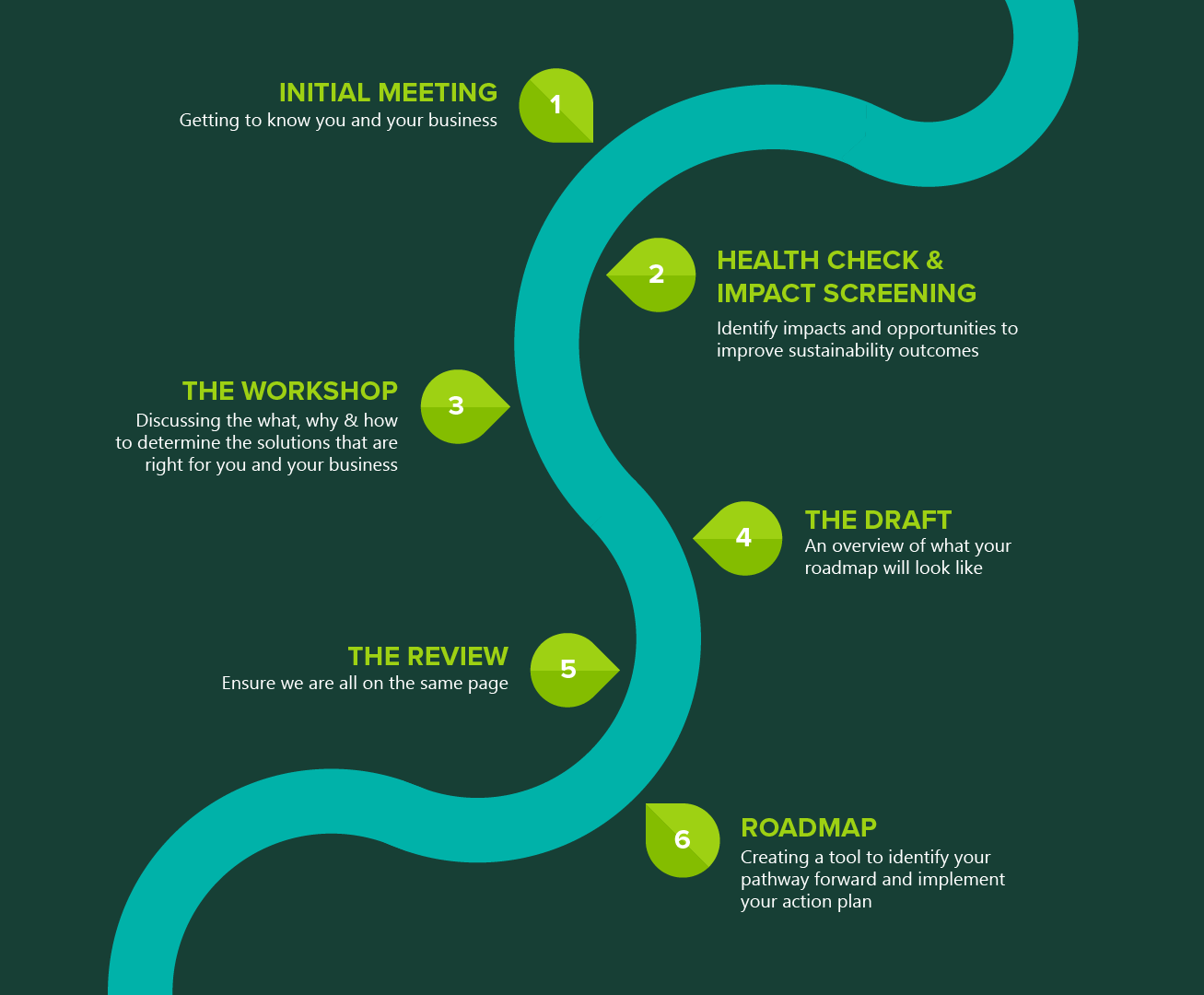.jpg)

.jpg)


Written by Ben Cooper
“Accelerating Action” is the theme of 2024’s National Water Week here in Australia and asks the community working with water to accelerate action towards a more sustainable water future.
So, what does a sustainable future for our water look like?
In a word:
Adaptable
Adaptable means several things for the future of Integrated Water Management (IWM).
We expose everything we build to the power of nature, and yet most of our infrastructure is built in opposition to it. The infrastructure we use to ‘manage’ nature, could be nature itself. By understanding and integrating with the natural water cycle, we can create systems that work symbiotically with it and unlock a far greater potential than our traditional means.
We know this as building ‘nature-based solutions’, more specifically in this case:
Water-Sensitive Urban Design (WSUD)
Infrastructure that embraces nature-based solutions offer adaptability in the face of nature’s power creating systems that respond dynamically to these challenges. Wetlands inherently adapt based on the impacts placed upon them and we can support the adaptability of our cities with constructed wetlands, integrated urban waterway designs, and other constructed nature-based solutions, such as raingardens and green roofs.
WSUD means water re-use and harvesting.
WSUD means streets that can absorb the water, with less demand on stormwater systems.
WSUD means a city that is ready to adapt to both drought and flood.
Let’s make our urban spaces a natural part of our broader catchments and build with water rather than against it.

Everything we build has a purpose of some kind, and yet, we can enhance this by adding multiple layers of value. Whether aesthetic, amenity, cultural, environmental, or hydrological value - our construction benefits everyone. The nature-based solutions we design to handle these weather events transform stormwater management systems into community assets that improve wellbeing, environmental resilience and social connection.
For example, stormwater management solutions that double as community spaces, nature reserves, urban cooling solutions and add to the amenity of their areas are of much greater value than designs focused solely on stormwater management. Green roofs can store water during heavy rain and cool the areas around them, lowering the impacts of urban heat islands. Incorporating indigenous perspectives in design deepens the cultural relevance of these spaces, building a much closer community for all, and fosters respect for the land.
Taking a step back to look at the way we think can lead us to our sustainable water future and achieve the goal set out by National Water Week 2024 to Accelerate Action towards a sustainable water future.
The future is uncertain at the best of times, and now with the compounding addition of greater extreme weather events posed by climate change, the future of water in our urban spaces is more uncertain than ever.
Adaptable infrastructure and adaptable thinking are both underlying principles involved in allowing us to adapt to this future, but the final key is embracing uncertainty itself. Our historic rainfall patterns are likely going to become less and less reliable, and with large, centralised solutions to managing water being our only port of call, we run the risk of catastrophic failure if our systems are overwhelmed.
Decentralising our water systems creates adaptive systems built for this uncertainty. Water sensitive urban design elements distributed throughout communities lower the risk of uncertainty by diversifying our ability to handle extreme weather events. Designing urban spaces with uncertainty in mind means being ready for anything, with contingencies and adaptable infrastructure to future-proof our cities.
The approach towards nature-based solutions in our cities isn’t about ticking environmental or cultural boxes, it is about recognising that urban environments are alive. Our infrastructure systems aren’t inert, they’re dynamic and they need to be responsive and capable of evolving alongside environmental changes.
“Accelerating Action” in 2024 means building purposeful integrations that allows communities and our environment to thrive together.
To discuss more about how Morphum can support Accelerating Action, contact us here!
.jpeg)


.jpg)
.jpg)

